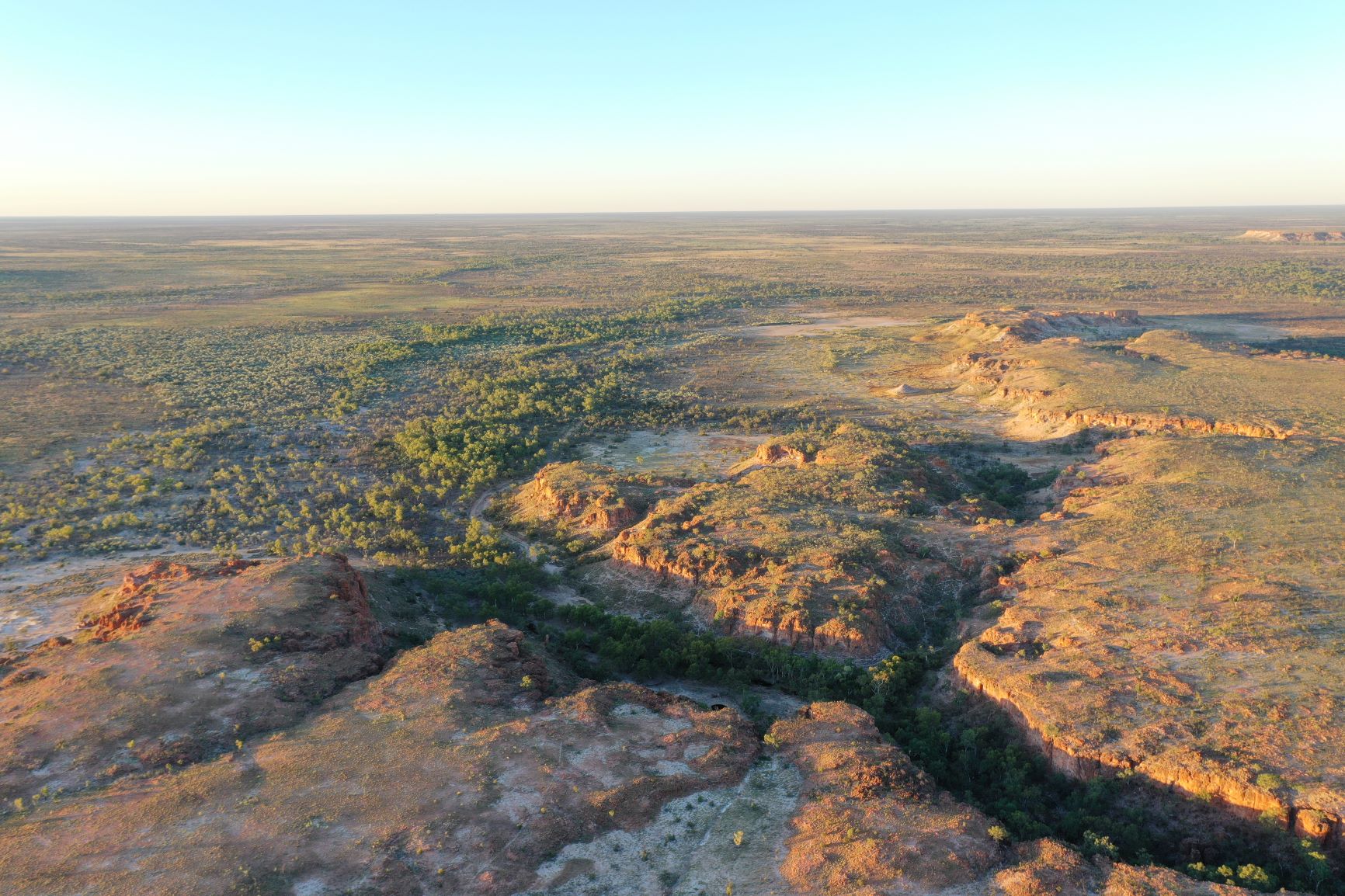
The United Nations and the world’s scientists are calling for an end to fossil fuels in the third instalment of the IPCC’s Sixth Assessment Report, noting there must be “rapid, deep and immediate cuts” to greenhouse gas emissions.
The Intergovernmental Panel on Climate Change (IPCC) has released its landmark Working Group III report ‘Climate Change 2022: Mitigation of Climate Change’, compiled by thousands of scientists over the past eight years.
The central message of the report is clear: despite affordable renewable energy solutions being available now, governments and businesses are failing to act – global greenhouse gas emissions must peak by 2025 and halve by 2030 to limit warming to 1.5 degrees.
The IPCC said the dramatic reductions in the cost of wind, solar and battery storage technologies over the last decade meant they were already commercially viable and would be the key to decarbonising most of the world’s energy systems.
UN Secretary General Antonio Guterres said some government and business leaders were saying one thing but doing another.
He continued: “Simply put, they are lying and the results will be catastrophic – high emitting governments and corporations are not just turning a blind eye, they are adding fuel to the flames.
“They are choking our planet, based on their vested interests and historic investments in fossil fuels, when cheaper renewable solutions provide green jobs, energy security and greater price stability.
“Current climate pledges would mean a 14 per cent increase in emissions and most major emitters are not taking the steps needed to fulfil even these inadequate promises.”
The Australian Petroleum and Exploration Association (APPEA) said the IPCC report confirmed an ongoing role for natural gas and decarbonisation technologies and illustrated a range of pathways that see natural gas continue to play a strong role in the global energy mix for the foreseeable future.
APPEA chief executive Andrew McConville said the industry was already committed to reducing greenhouse gas emissions to net zero by 2050 and members were already acting to achieve this goal.
McConville added the IPCC had acknowledged the global role of coal to gas switching in reducing emissions from 2010 to 2019 while highlighting potential emissions reductions in future through fuel switching, energy efficiency, CCS and hydrogen – all of which are areas the industry is already deeply involved.
He said: “The report confirms the important role natural gas and its decarbonisation tools play to reduce emissions – the flexibility of gas in stabilising renewables, replacing coal, and as a feedstock for hydrogen gives it a very strong future.
“And the IPCC confirms that the technologies we specialise in, proven and viable methods like CCS and hydrogen production, are needed to decarbonise because they allow for significant emissions reductions and reduced stranded asset risk.
“This is why our industry is already acting. We understand the global challenge and how we can help solve it. Our members have already spent over $5 billion on measures like CCS and hydrogen production to decarbonise and reduce methane emissions.”
McConville said gas would continue to be a part of the future cleaner energy mix as a cleaner alternative that complements many of the pathways to net zero by 2050.
Energy expert, former advisor to Margaret Thatcher, and former president of BP Australasia Greg Bourne said: “The latest IPCC report shows that globally we’re making some progress but climate action is nowhere near where it needs to be – and Australia is one of the world’s biggest climate handbrakes.
“If all countries copied the federal government’s weak climate response, we would be heading for a 3°C or more global temperature rise this century, which would be catastrophic.”
Senior lecturer at Macquarie University’s School of Law and energy expert Dr Madeline Taylor said the new UN report had come shortly after the UN Secretary General singled out Australia as a ‘holdout’, with the Morrison government refusing to increase its 2030 targets.
She pointed out that Australia was the only major developed country that had failed to significantly strengthen its 2030 target.
Dr Taylor added: “We know what is required to deeply permanently and immediately reduce emissions, and as the sunniest and one of the windiest places on earth, with a wealth of critical minerals available, Australia should be cashing in on those solutions and creating a prosperous, sustainable future.”
Origin Energy executive Andrew Stock, who has more than 40 years’ experience in senior energy executive roles said the Morrison government had already wasted eight years, with the decisions made today determining our long-term future.
Stock continued: “This latest IPCC report makes it clear that we are running out of time – our window to avoid the worst of climate change is rapidly closing.
“Australia is one of the world’s largest exporters of fossil fuels and we have the highest emissions per capita among large developed nations.
“By strengthening our climate commitments and actions this decade, we can have a huge impact on the future of our planet.”








